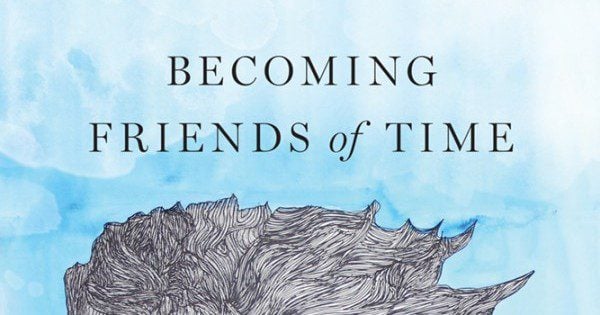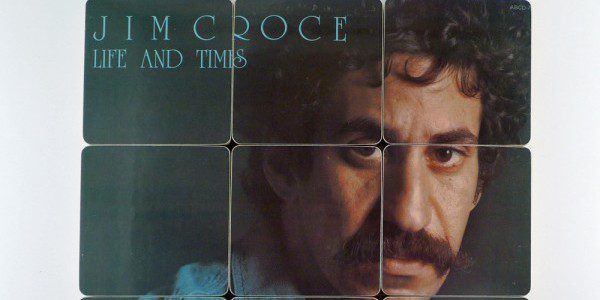This post is my contribution to the Patheos Book Club on Called to Community: The Life Jesus Wants for His People.

This book functions as something of a guide to community: to understanding the true nature of community, to cultivating a spirit and heart that is prepared to live in community, to learning how to desire the right kind of community, in the first place.
Of the numerous short selections of readings in this book, I was drawn to one by Jean Vanier, under the title “Communion.”
Vanier, an intellectual (philosopher and theologian) and author of over 30 books, is best known as the  founder of the international L’Arche communities (in 1964). L’Arche was established as a community for people with disabilities and for those who live with them. The unique principle behind L’Arche is that those with disabilities are to be seen not as burdens or objects of care by their well-bodied, perfectly able “superiors.” Instead, the they are teachers about life and about being human for those living with them.
founder of the international L’Arche communities (in 1964). L’Arche was established as a community for people with disabilities and for those who live with them. The unique principle behind L’Arche is that those with disabilities are to be seen not as burdens or objects of care by their well-bodied, perfectly able “superiors.” Instead, the they are teachers about life and about being human for those living with them.
In other words, the basis of a L’Arche community is egalitarian community; relationships in which each person understands the full humanity of the other and also recognizes our own many limitations and weaknesses. For many of us, those limitations aren’t in the form of physical or mental disabilities. Instead, they come in other forms, such as: an inability to be vulnerable with others, a deep brokenness that goes unrecognized and unacknowledged, or an unhealthy dependence on the approval of others.
Many of us “able-bodied” people have a very hard time finding real community, real communion, with others because we have been trained to hide our weaknesses, to compete with others. Communion requires vulnerability, but that’s the last thing most of us want to be.
In this selection, Vanier reflects on his discovery of his own weaknesses through living with disabled persons:
All my life I had been taught to climb the ladder, to seek promotion, to compete, to be the best, to win prizes. This is what society teaches us. In doing so, we lose community and communion. It was not natural or easy for me to live in communion with people, just to be with them. How much more difficult it was for me to be in communion with people who could hardly speak or had little to speak about.
Communion did not come easily to me. I had to change and to change quite radically. When you have been taught from an early age to be first, to win, and then suddenly you sense that you are being called by Jesus to go down the ladder and to share your life with those who have little culture, who are poor and marginalized, a real struggle breaks out within oneself. As I began living with people like Raphael and Philippe [two men with intellectual disabilities], I began to see all the hardness of my heart. It is painful to discover the hardness in one’s own heart. Raphael and the others were crying out simply for friendship and I did not quite know how to respond because of the other forces within me, pulling me to go up the ladder. But over the years, the people I live with in L’Arche have been teaching and healing me.
They have been teaching me that behind the need for me to win, there are my own fears and anguish, the fear of being devalued or pushed aside, the fear of opening up my heart and of being vulnerable or of feeling helpless in front of others in pain; there is the pain and brokenness of my own heart.
I have to say that these are lessons I’m sure I have not yet learned–though I’m glad others like Jean Vanier have learned them and can share them with me (and perhaps with you, too). If you’re like me, you are wired to compare yourself with others, to check and see whether you are continuing to climb the ladder like you’re supposed to, whether you’re using your gifts and talents to the maximum. It’s so easy in the midst of all that to forget what it means to just be human, and to be a person in communion with others.
Vanier goes on to say,
Elitism is the sickness of us all. We all want to be on the winning team. That is at the heart of apartheid and every form of racism. The important thing is to become concscious of those forces in us and to work at being liberated from them and to discover that the worst enemy is inside our own hearts, not outside!
Communion differs from collaboration, Vanier says, because in communion there is no “goal” to strive for, no end to accomplish. It means simply to find “joy in one another and care for one another.”
It makes me wonder how different things would be on the whole, if we were all a bit more content with finding communion and less anxious about striving and getting ahead. If we were all just a bit more vulnerable.











